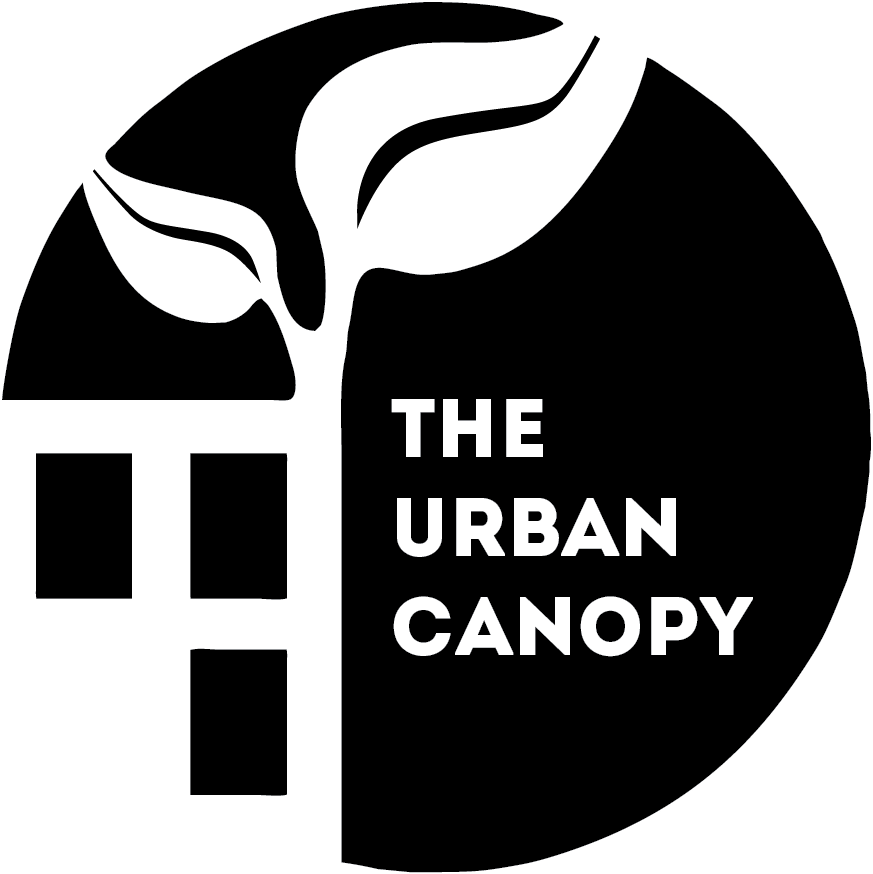Check Out our Healthy Soil!
/Spring is finally here and that means more garden work. This means more weeding, tilling, watering, planting, trimming...the list is never ending. Fortunately, there is a simple solution to make your life as a gardener easier and make your garden happy. The application of finished compost! Not to be confused with the compostable waste that we collect, incorporating finished compost in your garden or houseplants is one of the best things you can do for the continued health of your growing environment
Compost has many benefits, the main one being that of nutrients! Often times more "traditional" gardening methods utilize chemical fertilizers that feed the plants directly. This sounds like a good idea at first, but your plants are only a small portion of the ecosystem of your garden, and any unused fertilizer from your plants can build up as dangerous salts in your soil or worse, seep into our water supply damaging native plants and animals. Compost on the other hand feeds the soil. Microorganisms, nematodes, fungi, and more thrive on the nutrients available in compost. Their presence and waste materials provide both the nutrients your plants need, and act as a natural pest control as many of the organisms that thrive in a compost rich environment also predate the common pests your garden might have to battle though the year, further reducing your need for chemical pesticides and producing healthier and safer food for you and your family. On top of the nutritional benefits the application of compost saves you precious time by retaining water. Compost particles are larger than regular soil and can absorb more water, acting like a nutrient dense sponge for your plants to drink from all season long. We mix our compost into the soil of new garden beds directly at a 2:1 ratio of topsoil to compost or by tilling in around 1"-2" of compost to 3"-5" of existing garden soil.
For houseplants or areas where you do not want to disturb the existing soil, we recommend making a simple compost tea. It is a little time consuming, but worth the wait. The first step for compost tea is dechlorinated water, we don't want to kill off all the beneficial bacteria! If you do not have access dechlorinated water simply set out a large open container of water for over 24 hours and the chlorine and other preservatives should evaporate out. Once you have done this, add 1 part compost to 5 parts water in an unsealed container, remember to put a lid on and give it a shake each day to speed up the process. After about a week of brewing the tea will be ready for you to pour into your houseplants as a liquid fertilizer providing nutrients without disturbing the soil of you more sensitive houseplants.
As our Compost Club members know we distribute free finished compost to our members as rewards right to your door and sell additional amounts, in sizes from from buckets to dump trucks, on our website. Visit us or reach out to Compost@theurbancanopy.org for prices, recipes for more complex compost teas, and our other ever expanding line of garden additives
